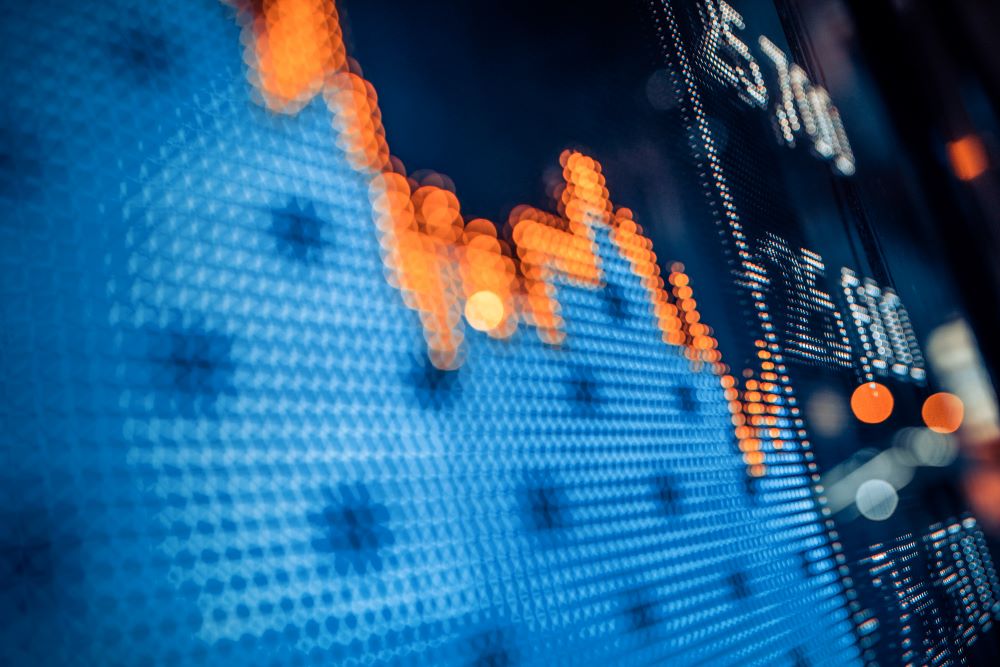European bike market M&A to shift up gears from 2025 — Dealspeak EMEA
Summary
- M&A market expected to reopen after COVID-19 rollercoaster ride
- Deal activity slowed in 2023 due to oversupply, discounts, liquidity issues
- E-bike adoption, professionalization, brand equity will drive industry growth
The bicycle industry has gone through a strange cycle in the last few years, which has in turn led to a bumpy M&A market. But the sector is pedalling towards the light at the end of the tunnel.
“We are very confident that the M&A market will open again around 2Q25-3Q25”, said Thomas Egli, Managing Director at Houlihan Lokey.
Dealmaking in the sector peaked in 2022, when 23 European deals were logged with aggregate volumes of EUR 1.8bn. The air was then let out of the market in 2023, with total volumes of only EUR 450m, according to Mergermarket data.
Although dealmaking has been slow of late, there have been some recent deals, including private equity firm Down2Earth Capital acquiring Belgian bike leasing provider Cyclobility in May this year.
The bike industry has been on a rollercoaster ride over the past few years, as outlined in a report by Houlihan Lokey and Kearney. But inventory normalisation is now paving the way for profitability and freewheeling M&A activity.
“Growth is coming back, margins are increasing. The great majority of bike businesses will show growth in 2024”, Egli said. “Private equity investors are slowly coming back and are open for business again in the space.”
An uphill struggle
It was of course the dreadful coronavirus that upended the dynamics of the sector, alongside a recent maturation of the industry which increased the demand for bicycles.
Pre-2020, the bike industry was dominated by strategic investors and consolidation, and saw little interest from financial investors due to a perceived limited potential for growth. M&A activity was also fairly flat up until this point, Mergermarket data shows.
With the arrival of the pandemic, demand for bicycles spiked, as consumers looked for alternatives to public transport and holiday patterns changed to staycations with outdoor activities. However, the shutdown of factories and logistics networks led to a huge supply shortage during the pandemic. Suppliers had full order books.
The rising demand, meanwhile, led to an uptick in M&A in 2020-2022, including large transactions such as KKR’s EUR 1.6bn takeover of Accell Group.
When COVID-19 faded in 2022, production ramped up quickly from 2H22. Supply opened up and goods arrived, leading to an oversupply by 1H23 and many players struggling with liquidity, leading to massive discounts across the whole industry, Egli said.
Profits were all downhill from there, and alongside the unfavourable debt financing climate, this put a spoke in the wheel for M&A activity in 2023-2024.
Bike assets coming to market at the moment are likely to do so because of restructuring or insolvency, Egli said, naming last year’s collapse of German sports e-commerce company Signa Sports United as a prime example. However there are exceptions, including L Catterton’s sale of luxury Italian bicycle brand Pinarello to a private family office last year, he said.
Riding into the future
The ups and downs of the past years are stabilising as stock and discount levels normalise, and the bike sector has a bright future, according to Egli.
Bike24 [ETR:BIKE], for example, recently announced good results, Egli said. “We expect more of this positive news”, he said.
There are a number of factors that speak for this bright future. An important one is the uptake of e-bikes. Adoption of e-bikes is accelerating and sales of e-bikes are even outnumbering those of pedal bikes in some markets, such as Germany, according to the report. As e-bikes have a higher price point, this drives up numbers across the board.
Other factors are professionalization across the industry, growing importance of brand equity with successful companies commanding premium prices, integration across the value chain, and so on.
Italian premium bike saddle manufacturer Selle Royal is one company that could come to market, based on Mergermarket’s predictive Likely to Exit (LTE)* algorithm. Selle Royal has a LTE score of 63 out of 100. The company was reported to be planning an IPO on the Italian Stock Exchange in 2022, but it was postponed.
Italian sportswear house of brands Manifattura Valcismon (MVC) has a LTE score of 42. Sponsor Equinox hired advisors to sell the asset in 2022, but the sale was put on hold due to unfavourable markets, as reported.
Another Italian company, Cytech, a producer of cycling pads and gloves, has an LTE score of 41, having been acquired by private equity firm PM & Partners in 2021.
Clip in, the race is on for the wheel deal.
*Mergermarket’s LTE predictive analytics assign a score to sponsor-backed companies to help track and predict when an exit could occur through M&A, an IPO, a direct listing, or a deSPAC transaction.












